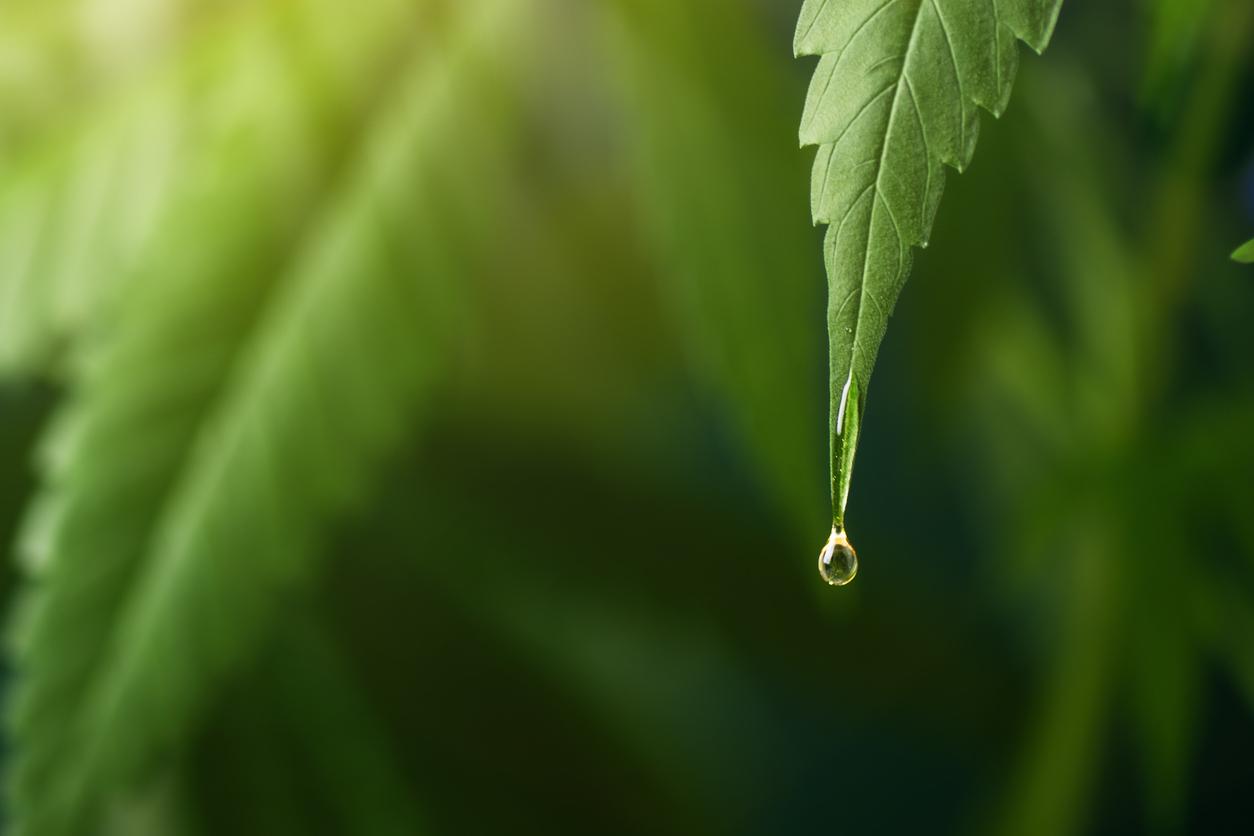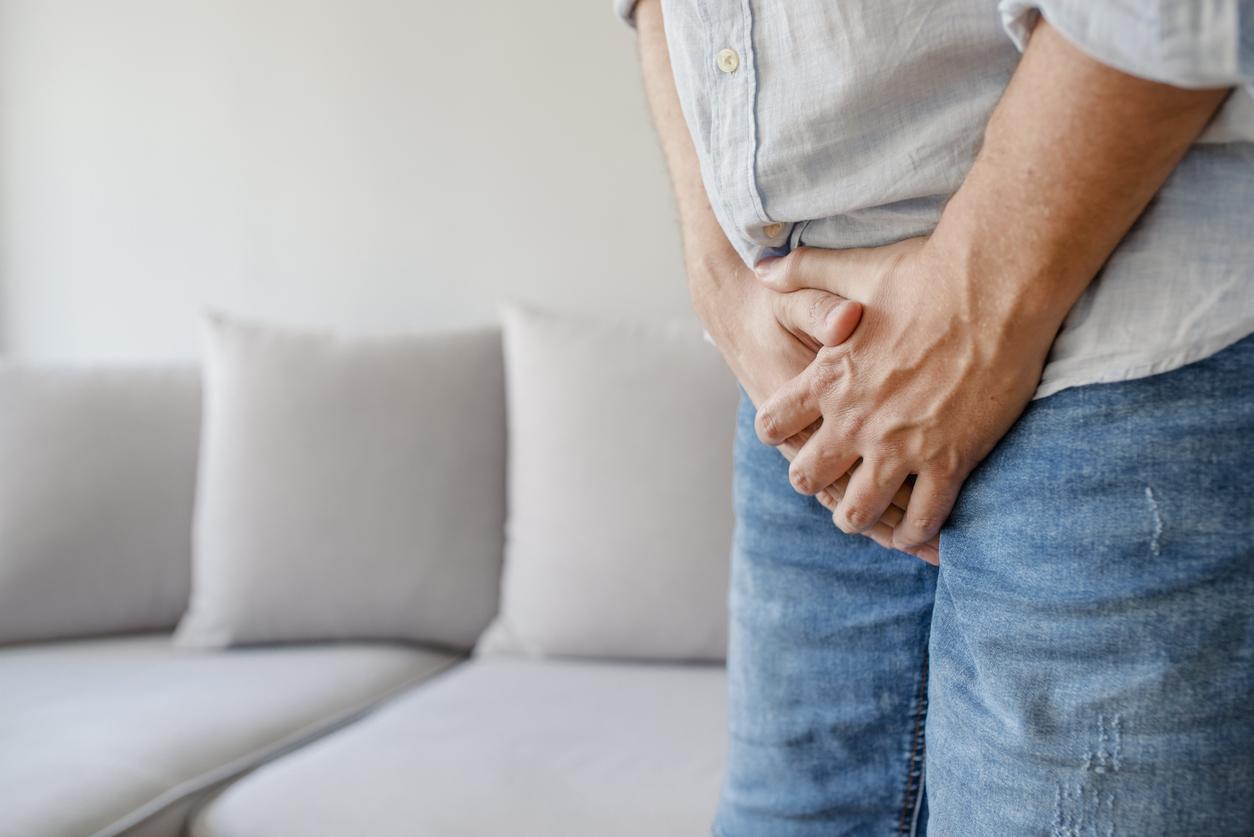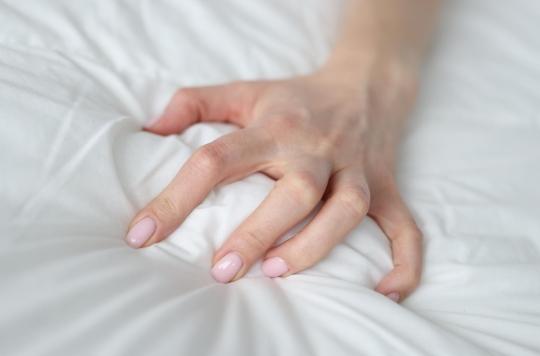Affecting mostly women, anorgasmia is a disorder that designates the impossibility to enjoy. Being able to be provoked by many causes, it is not for as much a fatality.

- According to a 2014 survey, 7% of women have never had an orgasm.
- We talk about anorgasmia when we can feel sexual pleasure but it is impossible to reach orgasm.
- Anorgasmia can have different causes but is not irremediable. If it is suffering, do not hesitate to consult.
Orgasm is the culmination of sexual pleasure, which can occur during intercourse or masturbation, thanks to intense and repeated stimulation. While some women easily manage to climax when they are alone or making love with their partner, others find it difficult, if ever.
According to an Ifop survey conducted in 2014 among more than 1,000 French women, 20% of women have not had an orgasm for more than a year – 10% if we restrict ourselves to those who are in a relationship – and 7% have never had one. When the inability to enjoy is total and exceeds six months, we then speak of anorgasmia. It is a psychosexual disorder recognized and classified by the Diagnostic and Statistical Manual of Mental Disorders (DSM). Relatively frequent, this disorder does not mean that one does not feel sexual pleasure. Simply, orgasm remains impossible to achieve, which can generate frustration, questions, even suffering for the person who has it, and have repercussions on their life as a couple.
When does anorgasmia occur?
This disorder can appear from the beginning of sexual life: we then speak of primary anorgasmia. It can also occur when orgasms were previously possible. It is therefore important to look for the causes, both physical and psychological. “It can be sexual trauma during the childhood of the little girl […] the taboo that surrounds sexuality, the education of parents and their own relationship to sexuality”thus lists for Destination Health Caroline Le Roux, psychologist and sexologist in Longjumeau (Essonne).
Stress, anxiety, daily concerns, pressure to enjoy or the inability to let go can also be factors of anorgasmia, as can certain diseases such as depression, diabetes, multiple sclerosis…
Consult when anorgasmia hurts
If anorgasmia becomes a suffering for oneself or for one’s couple, do not hesitate to consult. It is first possible to talk about it to your doctor or gynecologist, who can refer you to a specialist if necessary: psychologist, psychiatrist or sexologist. As Caroline Le Roux reminds us, whatever her age or the cause of her anorgasmia, “a woman can ‘learn’ to have orgasms through adapted and respectful behavioral sex therapy”.
.















